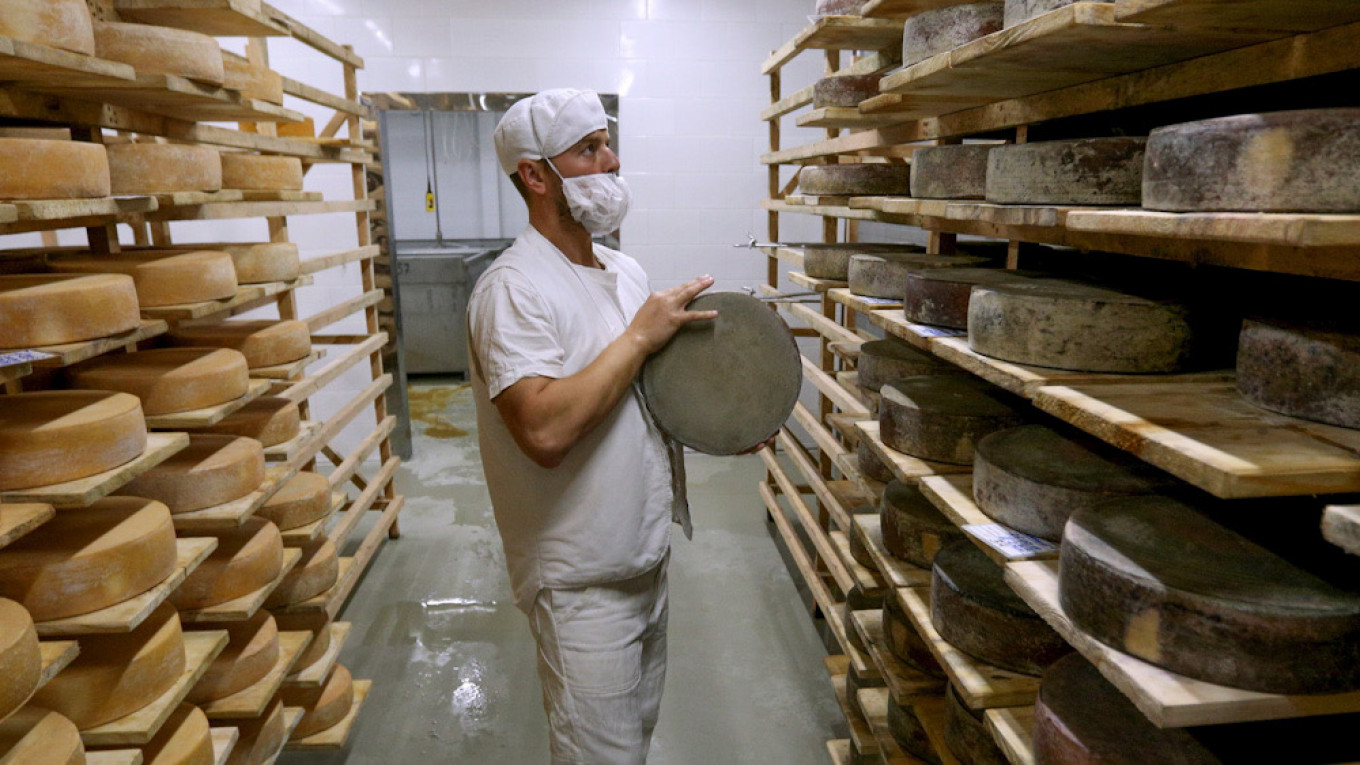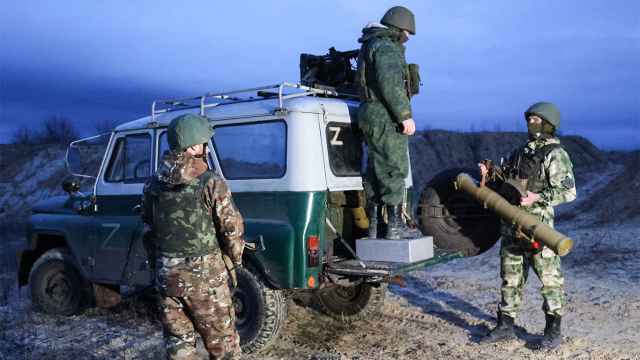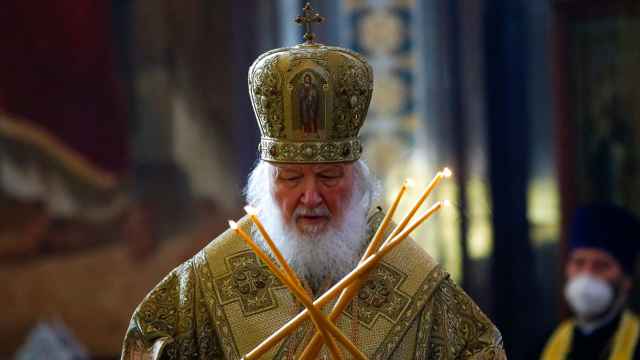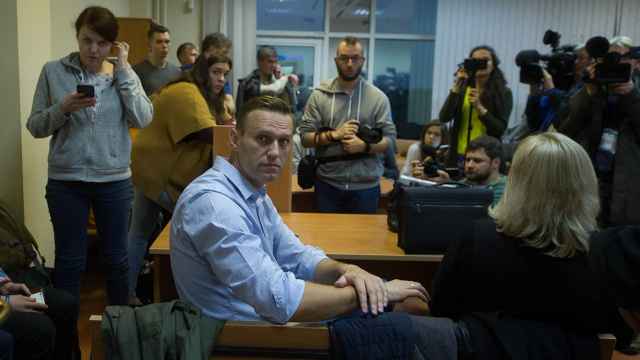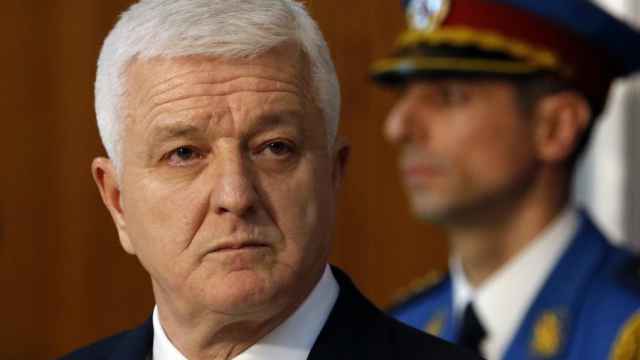Italy should recognize Crimea as Russian territory before being allowed to export parmesan into the country again, the head of Russia’s cheesemakers union said Sunday.
Russia banned wholesale imports of fresh EU food produce including parmesan in retaliation to Western sanctions over Moscow’s annexation of Crimea in 2014.
Italian Ambassador to Moscow Pasquale Terracciano on Friday urged Russia to exclude parmesan from its food ban in an interview with Forbes Russia, arguing that its negligible amount of lactose makes it a non-dairy product.
Oleg Sirota, chairman of the Russian cheesemakers’ union and one of the food embargo’s most vocal proponents, responded that allowing parmesan imports would “bankrupt” budding homegrown parmesan producers and be “morally wrong.”
“Let them recognize Crimea, lift sanctions from Crimea and all the companies [first],” said Sirota, who owns a cheese farm outside Moscow, in an interview with the independent Dozhd broadcaster.
In an earlier interview with the Govorit Moskva radio station Friday, Sirota called Ambassador Terracciano’s words “cunning because they realize they will soon lose the Russian market forever.”
Russian authorities have insisted that the sanctions have allowed it to develop its domestic industries including farming thanks to substantial subsidies. Sirota estimates that domestic dairy production has grown by 25% since 2014.
Rospotrebnadzor, Russia’s consumer protection watchdog who Ambassador Terracciano said was looking into excluding parmesan from the ban, said it was not authorized to pick products to strike off the food embargo list.
“Without injury to the tender feelings I have for my Italian colleagues, I want to say that I like Russian cheeses,” Russian Foreign Ministry spokeswoman Maria Zakharova said.
President Vladimir Putin late last year extended the embargo until the end of 2021.
A Message from The Moscow Times:
Dear readers,
We are facing unprecedented challenges. Russia's Prosecutor General's Office has designated The Moscow Times as an "undesirable" organization, criminalizing our work and putting our staff at risk of prosecution. This follows our earlier unjust labeling as a "foreign agent."
These actions are direct attempts to silence independent journalism in Russia. The authorities claim our work "discredits the decisions of the Russian leadership." We see things differently: we strive to provide accurate, unbiased reporting on Russia.
We, the journalists of The Moscow Times, refuse to be silenced. But to continue our work, we need your help.
Your support, no matter how small, makes a world of difference. If you can, please support us monthly starting from just $2. It's quick to set up, and every contribution makes a significant impact.
By supporting The Moscow Times, you're defending open, independent journalism in the face of repression. Thank you for standing with us.
Remind me later.


